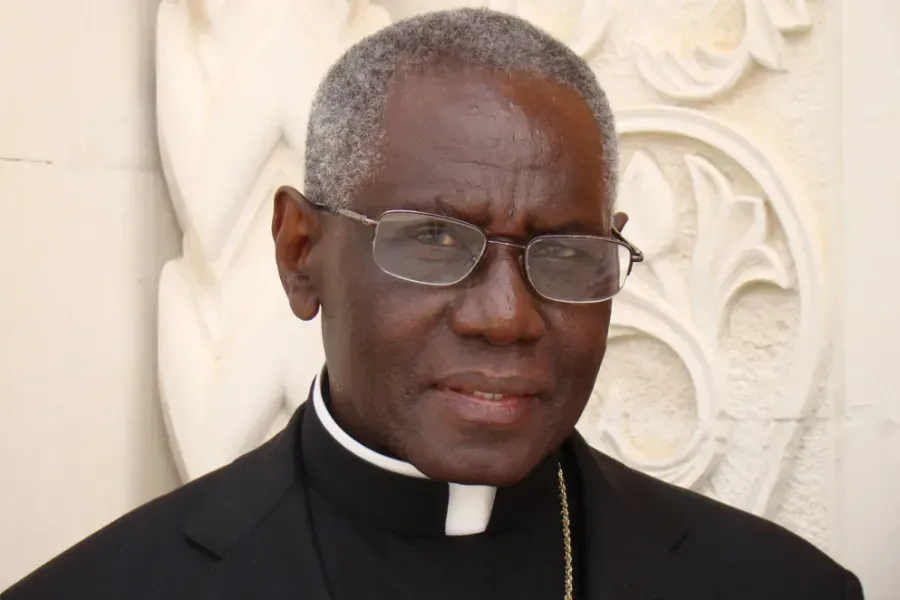Conakry, 26 September, 2021 / 8:30 pm (ACI Africa).
The West African Republic of Guinea that is currently under military leadership following a coup earlier this month needs to “radically change”, a Vatican-based Cardinal has said in a recent letter.
In the letter circulated September 17, Robert Cardinal Sarah, a native of Guinea, says the recovery and development being sought by the military behind the ouster of President Alpha Condé “can never see the light of day, if you do not radically change the atmosphere and environment of the Guinean government.”
“Our country needs a new generation of political leaders who love their country and their fellow citizens and join forces for the peace, unity and development of Guineans, instead of inciting them to hate and kill each other,” Cardinal Sarah says in his letter addressed to the leadership of the military, the National Committee of Reconciliation and Development or CNRD.
Addressing himself to CNRD officials, the Cardinal says, “For the good of Guinea, work with all your energy to renew the political class. Do not allow political leaders to abuse our people and manipulate them according to their selfish interests.”
On September 5, mutinous soldiers in Guinea detained President Condé after hours of heavy gunfire near the presidential palace in the country’s capital, Conakry. The military leadership then announced on state television that the government had been dissolved.








